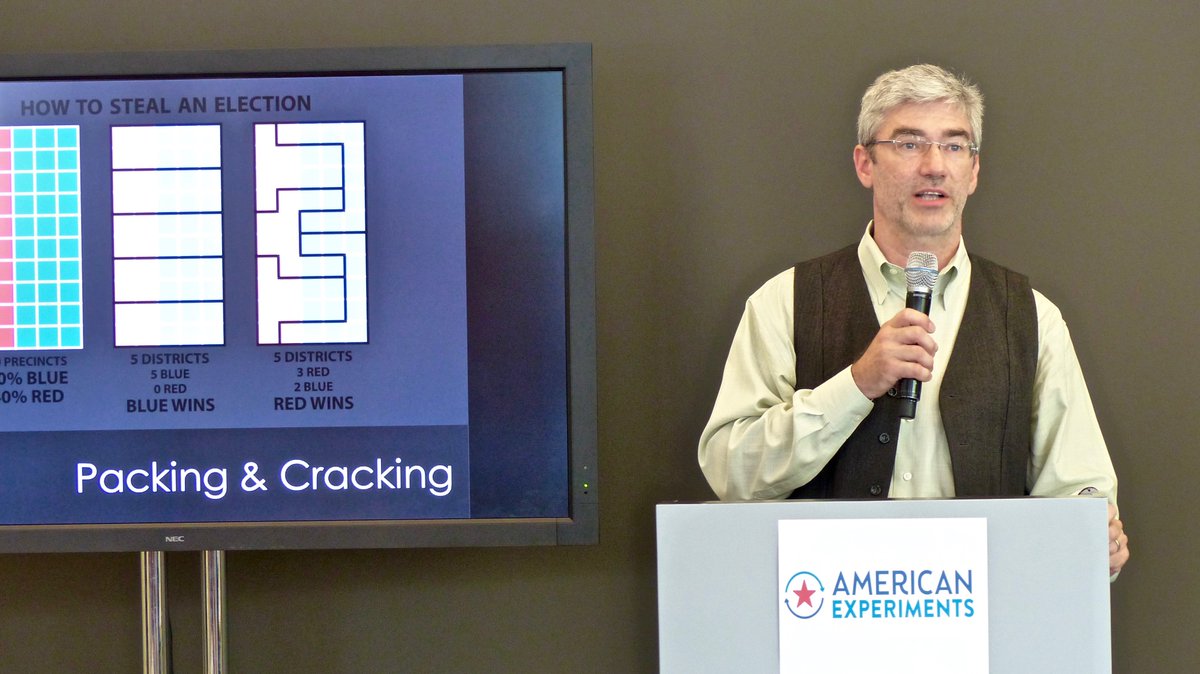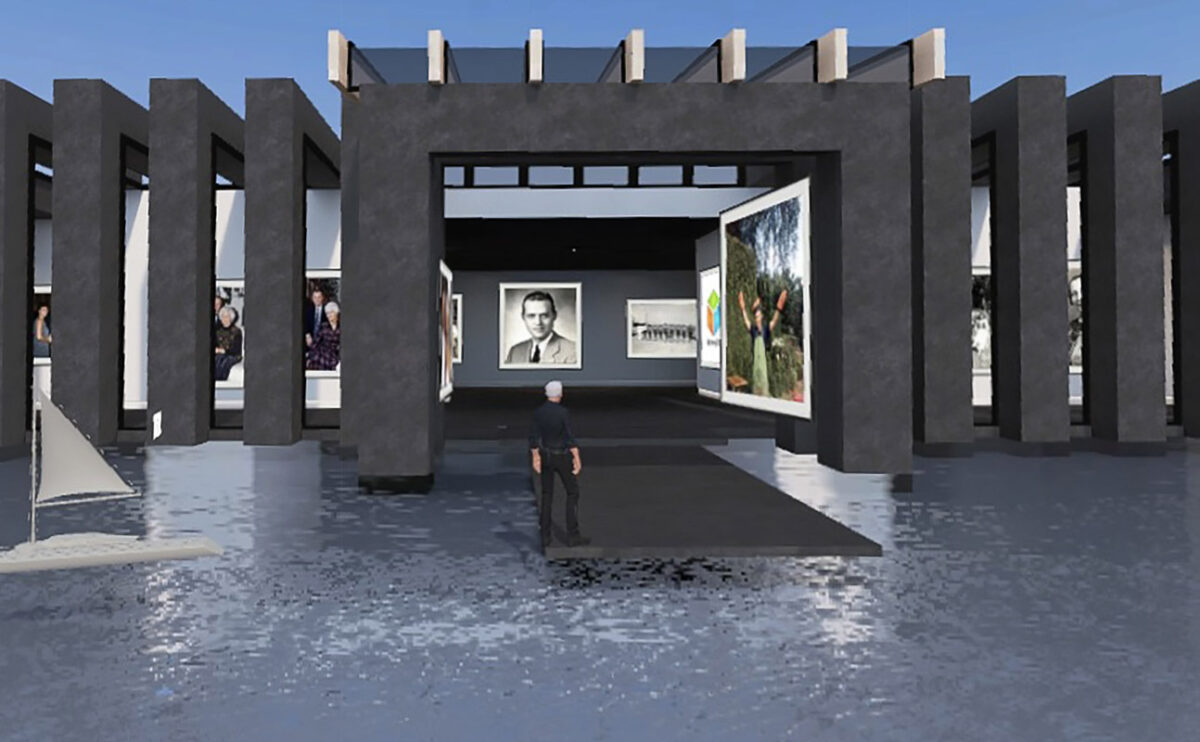Technology helps make the way we live more efficient, but it’s changing the way we grieve too.
Apps that assist in planning a funeral and biodegradable urns are part of the growing death tech industry, which aims to streamline planning funerals and memorials.
For J.G. Sandom, the idea to enter the deathcare field came after having a negative experience making arrangements when his father died. He’s now CEO of Philly-based Spring Holding Group, a parent company with multiple business units dedicated to technology in the death services sector.
“When it comes to the people themselves and the anxieties they feel, the technology really helps them,” Sandom said. “It helps them focus their lives, not on the mechanics and the paperwork, but on what’s really important, which is celebrating the life of their lost loved one.”
The products that Spring Holding Group offers, which vary from an app to condense memories about a loved one to tech that tracks the deceased, deal with sensitive topics during an already hard time. It showed Sandom, after his own experience, that technology can help people focus on their loved one, not the logistics around preparing for a funeral or memorial.
Sandom’s dad lived across the country when he died, and the family had no way to take care of his arrangements without physically traveling to where he was. The process was expensive and slow, Sandom said, and didn’t provide closure.
Rituals like funerals do help grieving family members access community and feel closure, per a 2022 study. However, the average price for a funeral is nearly $8,000 and requires family members to plan and host an event on top of grieving, according to the National Funeral Directors Association.
While Sandom’s startup idea began with a sentimental endeavor, it wasn’t just about death at first. He started an app called MemoryBox in 2016 where people could set up events and share photos they took during it. At first, the app was used for a variety of events like weddings, parties and sporting events.
After experiencing his own grief, Sandom decided to focus MemoryBox’s reach into the deathcare and funeral industry. Funeral homes used the app to create slideshows memorializing people who had passed.
MemoryBox was owned by Sandom’s former company Mnemania which merged with Spring Holding Group earlier this year. Sandom took over as CEO of Spring Holding Group and the company expanded to a suite of other products like Cremstar, Styx Logistics and Final Spring that all focus on different aspects of deathcare.
More of that process has gone digital, too. During the pandemic, MemoryBox launched virtual memorial events on the metaverse platform Spatial.
3D printing, RFID tags and more meet the funeral industry
Much of what Spring Holding Group does relies on existing technology, just applied to different parts of mourning.

For example, Final Spring 3D prints funeral products like urns and scattering stones, which turns a person’s ashes into a biodegradable rock.
There’s also Styx Logistics, which provides software for funeral homes that tracks the transportation of a deceased person.
On top of grieving, people express anxiety throughout the deathcare process about getting the right ashes back, Sandom said. Styx Logistics uses RFID tags to follow a body’s location as a backup to the traditional toe tag.
The average cost for cremations in Pennsylvania ranges from about $2,000 to $6,000, while funerals can cost anywhere between $5,000 and $8,000. Cremations are more popular than full burials, with about six in 10 people choosing cremation in 2023, while the burial rate is about half that, according to the National Funeral Directors Association.
That’s partially why Spring Holding Group also offers a specific service for people who go the cremation route.
Cremstar started in 2021 as direct cremation, which is when a decedent chooses that service without embalming or a viewing. This option typically costs less than a full-service cremation or burial, but is still a few thousand dollars. Cremstar’s starting cost for cremation is $893 and there is a cost calculator on the website to come up with a more accurate estimate.
“Who wants to leave their home on the worst day of their lives,” Sandom said. “Nobody wants to go meet a stranger or somebody they barely know at this time, but they can take care of all of this online in 15 minutes.”
Sarah Huffman is a 2022-2024 corps member for Report for America, an initiative of The Groundtruth Project that pairs young journalists with local newsrooms. This position is supported by the Lenfest Institute for Journalism.Join our growing Slack community
Join 5,000 tech professionals and entrepreneurs in our community Slack today!
Donate to the Journalism Fund
Your support powers our independent journalism. Unlike most business-media outlets, we don’t have a paywall. Instead, we count on your personal and organizational contributions.

Hundreds compete for Shark Tank spots at the Philly open casting call

Calling all data nerds: OpenDataPhilly needs your help to get back to its prime

Phorum 2025 will spotlight AI’s impact on Philadelphia’s workforce and enterprise



